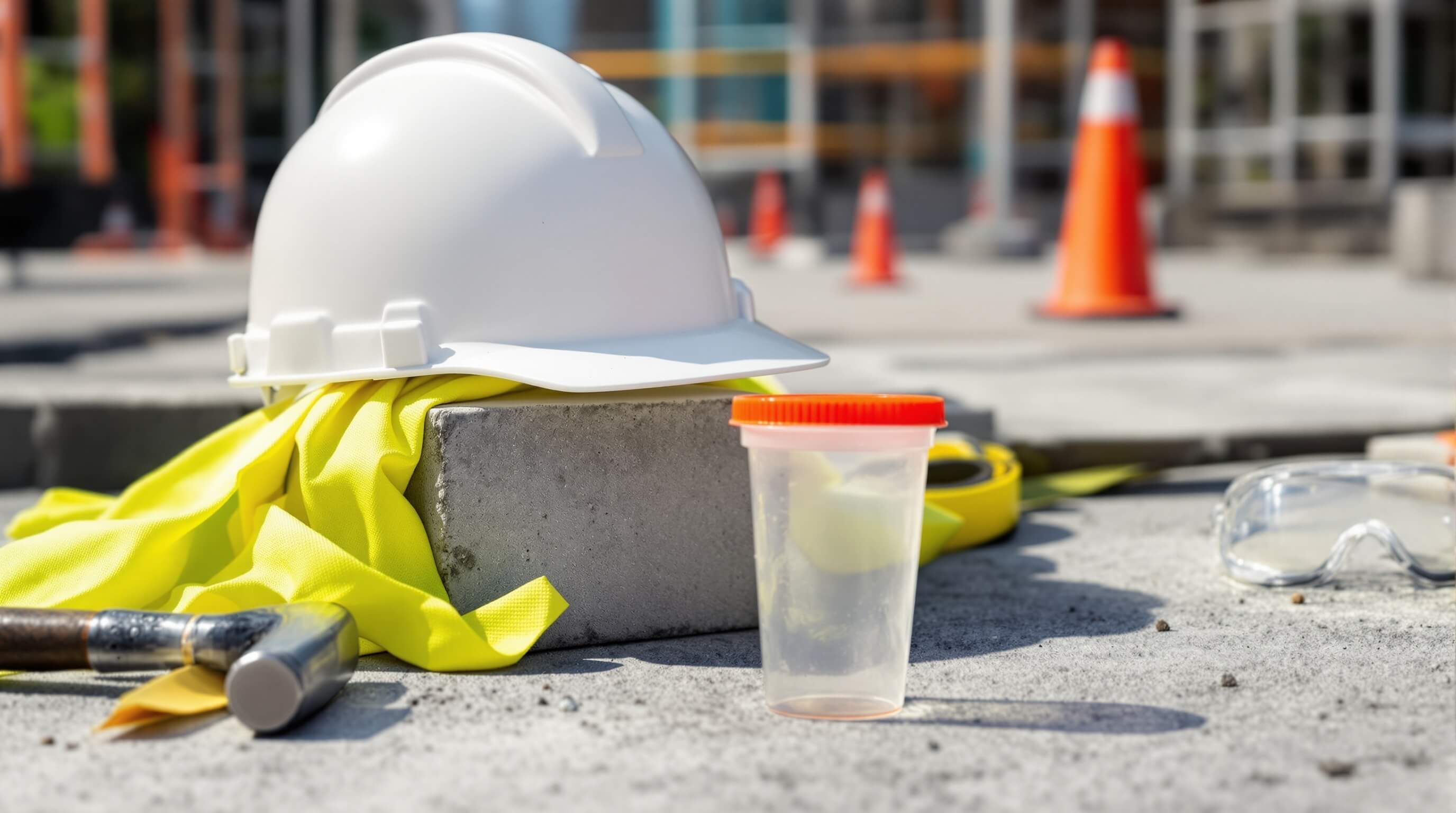While California’s landmark AB 2188 law restricts most employers from discriminating against workers based on off-duty marijuana use, construction companies operate under fundamentally different rules. The building and construction trades received a specific exemption that allows continued drug testing and adverse employment actions for positive marijuana tests.
This carveout stems from legitimate safety concerns that set construction apart from desk jobs. Construction sites involve heavy machinery, hazardous materials, and complex coordination where impairment could prove deadly. Workers navigate scaffolding, operate cranes, and handle dangerous equipment daily. One miscalculation can endanger entire crews.
Construction’s high-risk environment of heavy machinery and hazardous materials demands heightened safety protocols where impairment could prove fatal.
The exemption covers a broad range of roles within building trades, including workers involved in alteration, demolition, excavation, renovation, remodeling, maintenance, improvement, and repair. Both union and non-union trades fall under this umbrella, along with licensed contractors under the Contractors State License Law and other site-based personnel. The law’s use of “building and construction trades” indicates extensive coverage across the industry.
Construction employers retain significant testing flexibility that other California businesses lack. They can conduct urine drug tests that detect marijuana use from days or weeks prior, not just current impairment. Pre-employment, random, for-cause, and post-incident testing all remain permissible. Companies can take adverse employment actions including refusal to hire, suspension, or termination based solely on positive test results.
This stands in stark contrast to rules governing most other California employers. Outside the construction exemption, companies generally cannot discriminate based on off-duty marijuana use or non-psychoactive metabolites detected in drug tests. These employers must distinguish between current impairment and residual traces of past use. However, California courts have not yet clarified specific testing standards under the new law, leaving some uncertainty about acceptable testing methods.
Federal regulations heavily influence construction’s stricter standards. Many construction projects involve federal contracts or funding that impose drug-free workplace requirements. Compliance isn’t optional when government money flows through projects. Insurance and liability considerations further incentivize rigorous screening policies, as carriers often demand extensive drug testing programs.
Legislative history reveals lawmakers explicitly recognized construction’s unique safety sensitivity when crafting AB 2188. The exemption reflects practical realities rather than arbitrary discrimination. Construction sites simply present heightened risks that justify different treatment under the law. Multistate employers face the additional challenge of navigating varying local laws that differ significantly across jurisdictions.
The boundaries of this exemption continue evolving through industry guidance, but the core principle remains clear. Construction employers maintain traditional drug testing authority while most California businesses adapt to new restrictions. This dual approach attempts balancing worker privacy rights with genuine workplace safety concerns in an industry where mistakes carry severe consequences.








